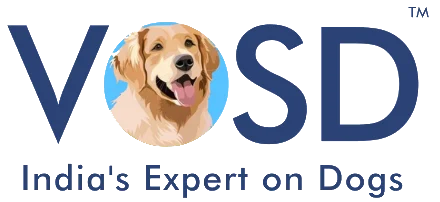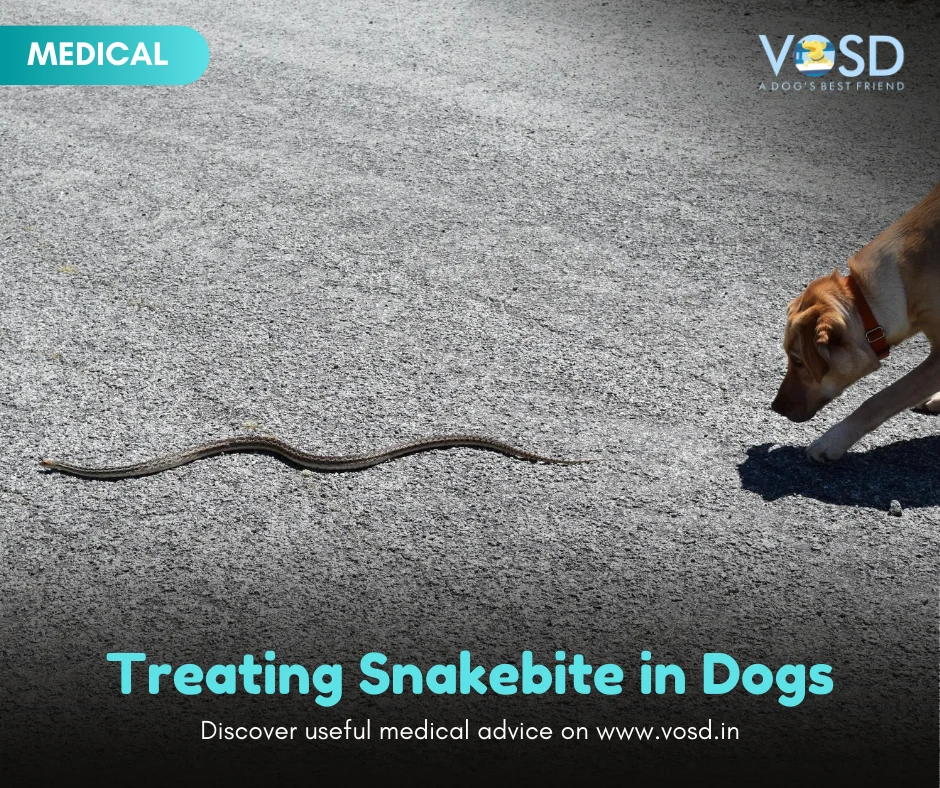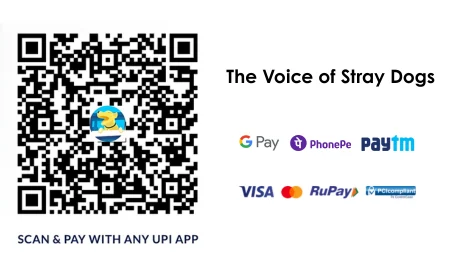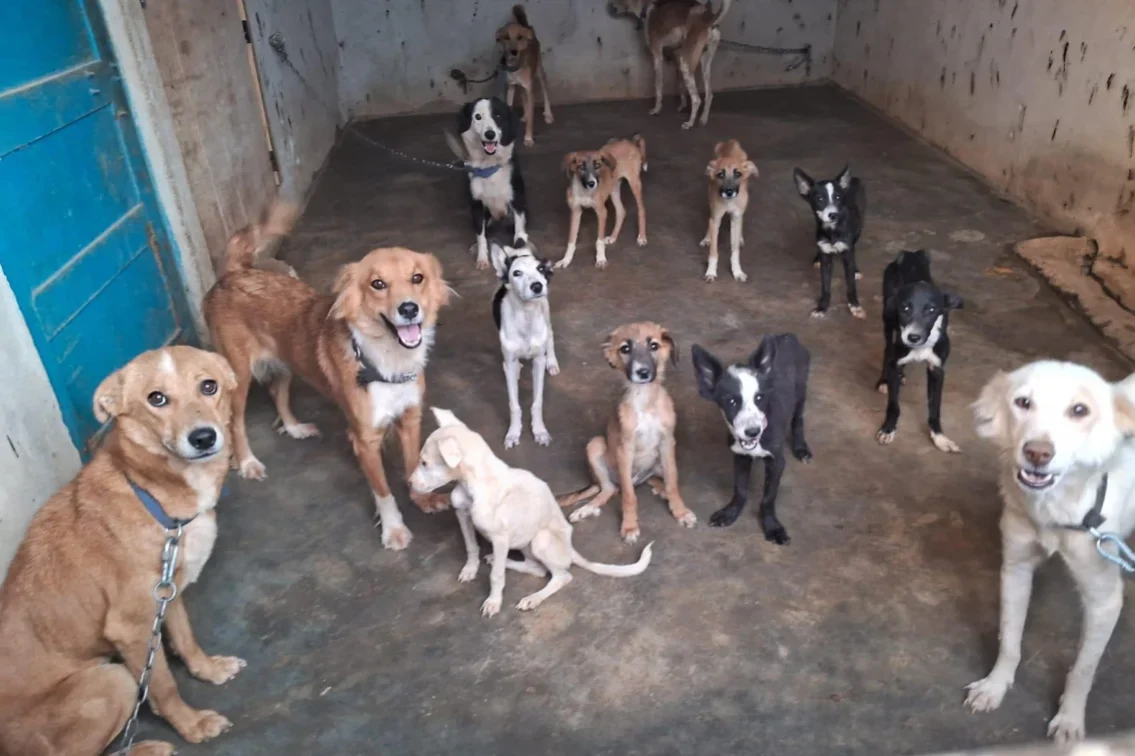Are human foods safe for dogs?
Every dog parent knows that a good and healthy diet is essential to help your dog develop and maintain a robust immune system. It may not ward off all illnesses; however, diet and exercise go a long way to keeping your dog healthy. There are many dog owners who find it easier to give home-cooked food. It may ease their financial burdens and save them the energy and effort from buying commercially prepared dog food. For those that depend on home-cooked food, it is essential to know which foods can be given and which must be avoided at all costs. Dogs’ digestive system differs from human beings and not all the foods that human beings consume may be suitable for dogs.
Foods that are safe and healthy for dogs:
Carrots: This is a healthy food to feed your dog. Carrots are highly nutritious and dogs like chewing on carrots. It ensures dental hygiene by removing plaque. The beta-carotene in carrots provides the essential vitamin A and is also low in fat content. As to how many carrots can be given to your dog each day, you may want to consult your dog’s vet.
Apples: As a good source of fibre and one that comes with vitamin A and C, you won’t go wrong in giving your dog apples to eat. It prevents loose stools and helps with digestion.
Rice: This is one of the human foods dogs can eat daily. Rice contains starch and is a good source of carbohydrates. Eating rice will make your dog feel satiated for a more extended period. If your dog is diabetic, you may choose brown rice instead of white rice.
Dairy: Milk, cheese, and yoghurt are good foods for your dog. They must be given in moderation. Dogs, in general, have lower levels of the digestive enzyme called lactase. Therefore, it is best to provide them with dairy products in low quantities. Of these, yoghurt is considered one of the best forms of calcium and can give your dog the much-needed probiotics.
Eggs: This is definitely considered dog healthy food. Eggs have plenty of amino acids and are a good source of calcium. Eggs can help in building up muscle, maintaining strong teeth and bones. Eggshells can also be given in a powdered form mixed with their food.
Fish: Cooked salmon, tuna, shrimp are all great sources of protein and are healthy foods for dogs. They come with omega-3 fatty acids and this, in turn, helps your dog in building a strong immune system. It keeps your dog’s skin healthy.
Remember to de-bone fish before you give it to your dog. Clean the fish well, either by boiling or cooking so that there are no germs that can harm your dg.
Chicken: Plain boiled chicken utterly free of any seasoning, is safe to feed your dog. It is a source of lean protein. It also contains Omega-6 fatty acids. Make sure that the chicken is always cooked, and that all bones are removed.
Green beans: There are a number of health benefits to green beans. Like chicken, green beans also must be free of oil or seasoning. They are a great source of vitamin A, K, and C.
Peanut butter: This is healthy as well as a delicious treat that your dog will love. It contains vitamin E along with vitamin B. Vitamin E strengthens the immune system. There are proteins and fats in peanut butter that provide a lot of nutrients that will boost your dog’s energy levels. It does not contain unhealthy fats that harm the heart.
Plain popcorn: Remember to make sure that you are not giving salted or buttered popcorn. Plain popcorn contains magnesium, phosphorus, and zinc. Also, make sure that there are no unpopped kernels in the mix.
Pork: Small portions of pork that is cooked and unseasoned can be healthy food to feed your dog. It does have a higher fat content; hence, small quantities is a must.
Blueberries: They are a source of fibre, antioxidants, and phytochemicals. They are a part of the healthy foods that can be given to your dog.
Oatmeal: Cooked with no additional sweeteners, sugar, or butter is healthy food for your dog.
Potatoes and sweet potatoes: They should be cooked before feeding to your dog. They give your dog a lot of minerals and vitamins.
What foods are unsafe or poisonous
While dogs can eat most of the foods that human beings eat, there are a few that are very unsafe and harmful to your dog. Keep the below list of unhealthy foods for your dog in mind when you prepare a diet plan.
Avocados: They contain persin, and this is toxic. Persin causes vomiting and diarrhoea. If your dog has mistakenly consumed it, you would need to consult your dog’s vet immediately.
Cherries: Cherries are dangerous on two levels. Your dog can choke on the cherry pit, and as these pits also contain cyanide, your dog can get poisoned.
Caffeine products: Chocolates and coffee are to be avoided at all costs as they contain caffeine. They have methylxanthines and are harmful to dogs.
Grapes: Grapes and raisins are also toxic and can cause kidney failure even if given in small amounts. Make sure that you do not give your dog cakes or other baked items that may contain raisins.
Citrus fruits: Citric acid in very small doses may be acceptable, but it is better to avoid fruits that contain citric acid as they may lead to an upset stomach. Large quantities of these fruits can even cause depression.
Cinnamon: This is generally not considered toxic for dogs. However, they can cause stomach upsets and in some cases, even damage the liver.
Ice cream: There is always too much sugar in ice creams, and it is best to avoid giving them to your dog. This is especially so if your dog is lactose intolerant. In summer months, yoghurt makes a much better alternative to ice cream.
Raw meat: Do not give your dog raw meat as it can cause food poisoning because it may contain harmful bacteria.
Seek a second medical opinion on your dog’s diet
It is your responsibility as a dog owner to consult your dog’s vet before coming up with a diet plan. It is best not to assume that the foods you eat will be equally acceptable to your dog. Make sure that other members of your family are also following the same plan.
Do check out https://vosd.in/our-services/second-medical-opinion/
Do you find this information useful? For more advice, visit the VOSD website.





